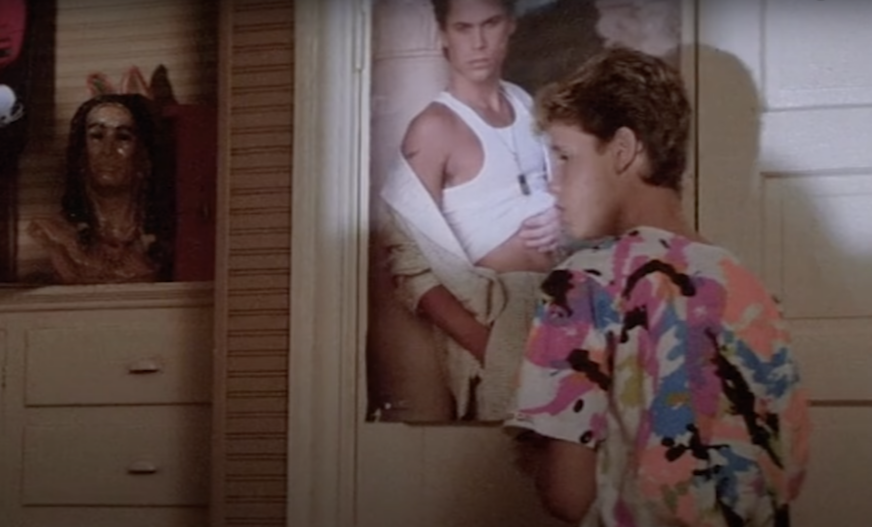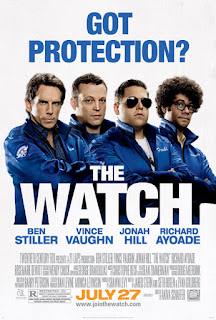Die Hard was a hit almost as soon as it arrived in theaters in July 1988, but it didn't have an accompanying soundtrack album. In 2002 the Varèse Sarabande label issued a CD containing 21 cuts from Michael Kamen's score for the movie, but it left out memorable song selections like Run-D.M.C.'s "Christmas in Hollis" (1987), which is played as the protagonist, John McClane (Bruce Willis), arrives at Nakatomi Plaza near the beginning of the film, and Vaughn Monroe's "Let It Snow! Let It Snow! Let It Snow!" (1945), which we hear as McClane figuratively rides off into the sunset at the end.
Nine years later a different, unofficial version of the Die Hard soundtrack was released, presumably as a bootleg, by a label called Archival Records. It's difficult to find much information about it online now, but it has 51 tracks spread out over two CDs—CD-Rs, technically—and it's the only version of the film's soundtrack, as far as I can tell, including the two deluxe versions released by La-La Land Records in 2011 (38 tracks, two CDs) and 2018 (74 tracks, three CDs), that credits the Berlin Philharmonic Orchestra with the performance of "Ode to Joy," from Beethoven's 9th Symphony, that plays over Die Hard's end credits.
I've loved that performance ever since I first saw Die Hard on videotape in 1989, but every other version of the soundtrack album implies that the Hollywood Studio Symphony, conducted by Kamen, is responsible for it. But when you consider that two pieces of Die Hard's score in the final minutes of the movie are temp-track selections from the scores of Aliens (1986) and Man on Fire (1987)—composed by James Horner and John Scott, respectively—that director John McTiernan reportedly left in because he wasn't satisfied with what Kamen came up with for those moments, you start to wonder if the rousing end-credits rendition of "Ode to Joy" is also Kamen free.
At first I thought a 1977 LP with the Berlin Philharmonic's name on it might be the source of the performance in question, but according to a blog called Chronological Scores/Soundtracks, the "Ode to Joy" heard in Die Hard comes from a compilation called The Best of Beethoven.
The listing for this compilation at Amazon and other sites initially led me to believe that the Westminster Concert Orchestra is performing all of the selections, as does this cut on YouTube:
For the first minute of the track, as well as the final minute and 35 seconds, it does sound exactly like the version played during Die Hard's closing credits, at least to my ears. So, is the Westminster Concert Orchestra the answer to this mystery?
Unfortunately, I can't find any evidence of that orchestra being credited on anything past 1962, and The Best of Beethoven was first issued in '82, apparently. Also, the final track, "Symphony No. 9 in C 'Choral' Finale," i.e., "Ode to Joy," is listed on Discogs.com as being performed by the Bamberg Philharmonic Orchestra and Chorus (and may have been recorded as far back as '75).
However, Discogs says that particular orchestra is "fictitious" and "probably invented by Alfred Scholz." And who might he be? "A prolific producer of budget recordings," states the site, "who fraudulently sold recordings credited with non-existing artists and orchestras. Sometimes the names of real people were given credit for performances which were not theirs."
Maybe that's why no performer is listed for "Ode to Joy" in Die Hard's end credits or on most releases of its soundtrack album, even ones like the three-disc 30th-anniversary edition, which otherwise has extensive liner notes. Unlike Hans Gruber, the movie's villain, so memorably played by the late Alan Rickman, Scholz wasn't "an exceptional thief," but like Gruber, he may have been a con man easily bored by questions of morals and ethics.




















